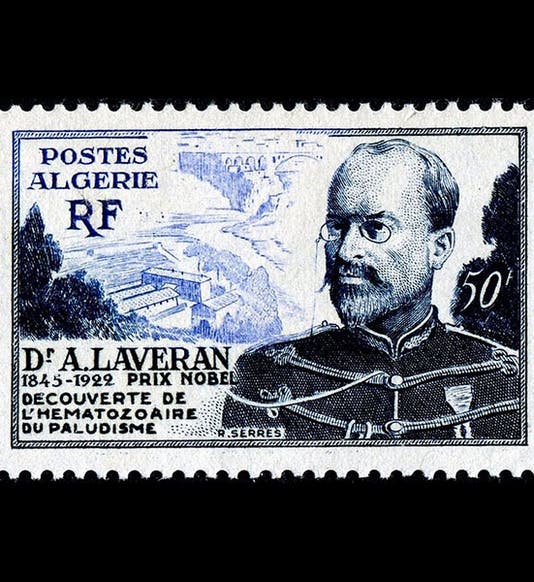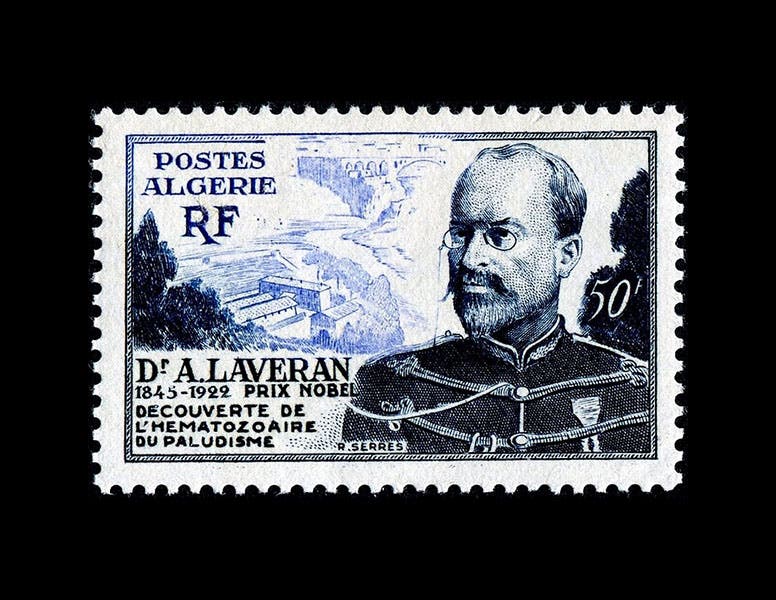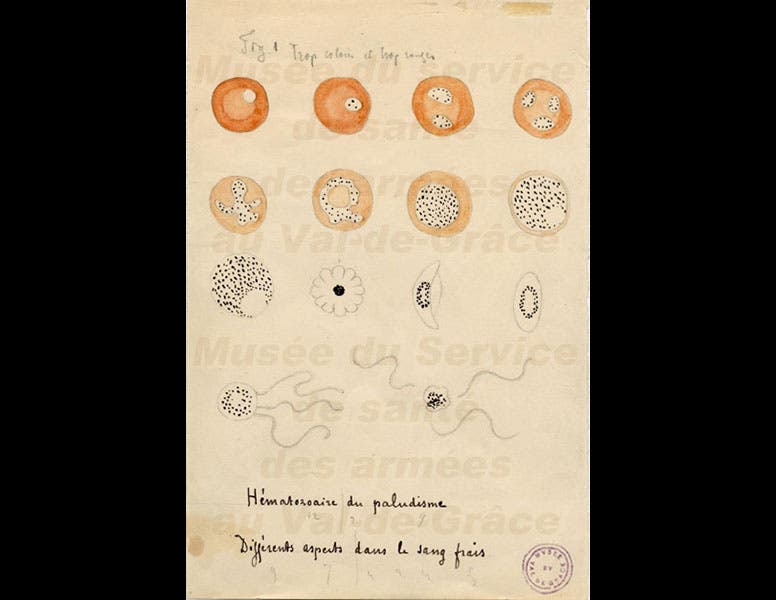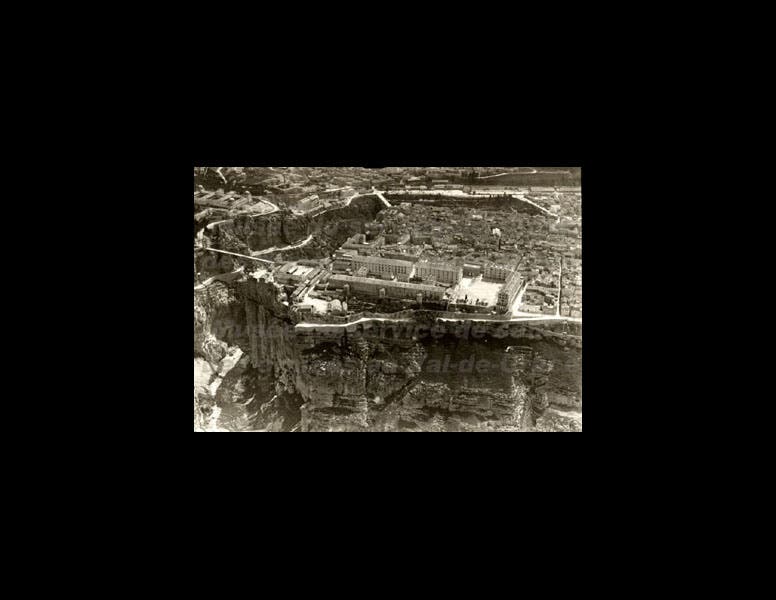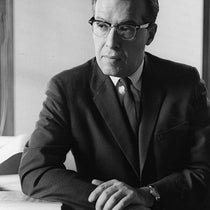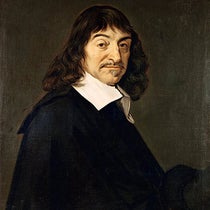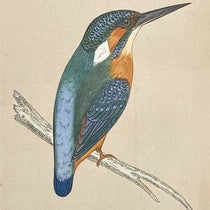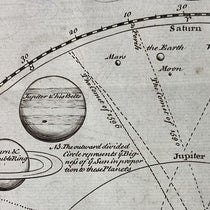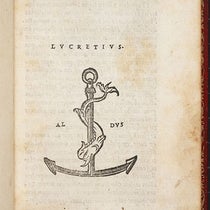Scientist of the Day - Alphonse Laveran
Alphonse Laveran, a French physician, was born June 18, 1845. In 1880, while working in the military hospital in Constantine, Algeria, Laveran discovered, in the red-blood cells of human victims of malaria, the parasitic protozoan that causes the disease. Protozoa had been known ever since Leeuwenhoek in the 1670s, but, until Laveran, no one had ever associated a protozoan with a human illness. Since he could not find the parasite (soon to be called Plasmodium) in the soil or in the water, Leveran assumed that it was carried by a biting insect, probably a mosquito, and this suspicion would be confirmed by Ronald Ross in 1898.
Laveran went on to pioneer the field of medical protozoology, and in 1904 he wrote a comprehensive book on parasitic diseases, which at that time included malaria, sleeping sickness, and kala-azar. Chagas’s disease, which probably afflicted Charles Darwin, would be added to the list in 1909. Laveran received the Nobel Prize in Medicine/Physiology in 1907 “in recognition of his work on the role played by protozoa in causing diseases”. Oddly, Ronald Ross, who relied on Laveran’s work in isolating Plasmodium in the Anopheles mosquito, beat Laveran to the trophy case, receiving the 1902 Nobel Prize in Medicine. But then, it was Ross’s discovery that allowed malaria to be combated, so perhaps the order of awards is the proper one.
The images show Laveran’s portrait on a 1954 postage stamp issued by Algeria; a drawing made by Leveran himself in 1880 depicting blood cells infected with Plasmodium; and the cliff-top hospital in Algeria where Leveran discovered the malaria parasite.
Dr. William B. Ashworth, Jr., Consultant for the History of Science, Linda Hall Library and Associate Professor, Department of History, University of Missouri-Kansas City. Comments or corrections are welcome; please direct to ashworthw@umkc.edu.

